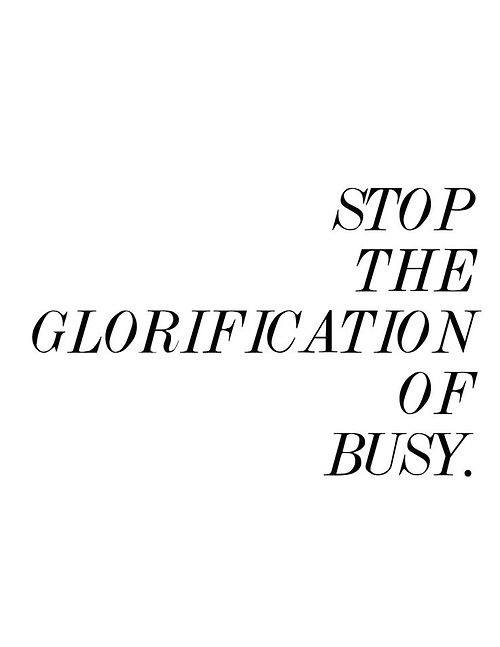Not physically.
This happens from time to time.
Here’s what happens. I go to bed with an idea of what outfit I’m going to wear to work the next morning. Most mornings, as long as I’ve picked out the outfit in advance, I wake up, shower, put on the outfit, and that’s that. Back when I didn’t plan out my outfit, I would stand there for minutes, just paralyzed, knowing I had to decide what to wear yet not being able to decide. So now, I plan.
But some mornings, I put on the outfit that I picked out, and even though I’ve worn said outfit multiple times, and love the shirt and love the pants and love the shoes, I put it on and HATE it. For a variety of reasons. It might be too big too loose too small too tight too itchy. The mirror might be on my bad side that morning and I see my body change in front of my eyes, knowing that’s not truly happening but fighting it nonetheless. And sometimes it just doesn’t FEEL right. And I don’t know how to describe it other than that. An outfit I love and have worn just doesn’t work. Sometimes it’s because the color isn’t right. Sometimes I crave colors, and am repulsed by others. Sometimes I desperately need to wear green, other times if I put on a green shirt I get nauseous. Purple is one of my go-to colors but some days it’s the exact opposite of what I need. Having done a bit of studying over the years of chakras and color theories, I do believe that we gravitate toward certain colors for certain reasons at certain times.
When any of those things happen, I get stuck. I freeze. I often put on shirt after shirt, pants after pants, outfit after outfit. Often times the more something feels wrong, the more everything else feels wrong. Everything keeps feeling too big, too tight, too itchy, too light, too heavy, too nauseating. And then I realize that the time is ticking away and oh crap I needed to leave five minutes ago and the more I realize how I’m running late the more my heart pounds and the more anxious I get and the harder it is for me to put on clothes. And then sometimes I say Just do it and I pick something and I get to the door of my apartment but then I think But what if I should’ve worn x, y, or z? And then I’m back in my bedroom starting all over again. But what if I feel “wrong” all day and then I will have a bad day and really I should’ve just changed my outfit and tried again? And that’s when I have to remember my tendencies toward obsessing and compulsing and need to (gently) just get myself out of the bedroom and out the door.
It doesn’t happen often. But when it does, it is not a good feeling.
Anyone else ever get stuck in their closet? (Literally, figuratively, take your pick.)

